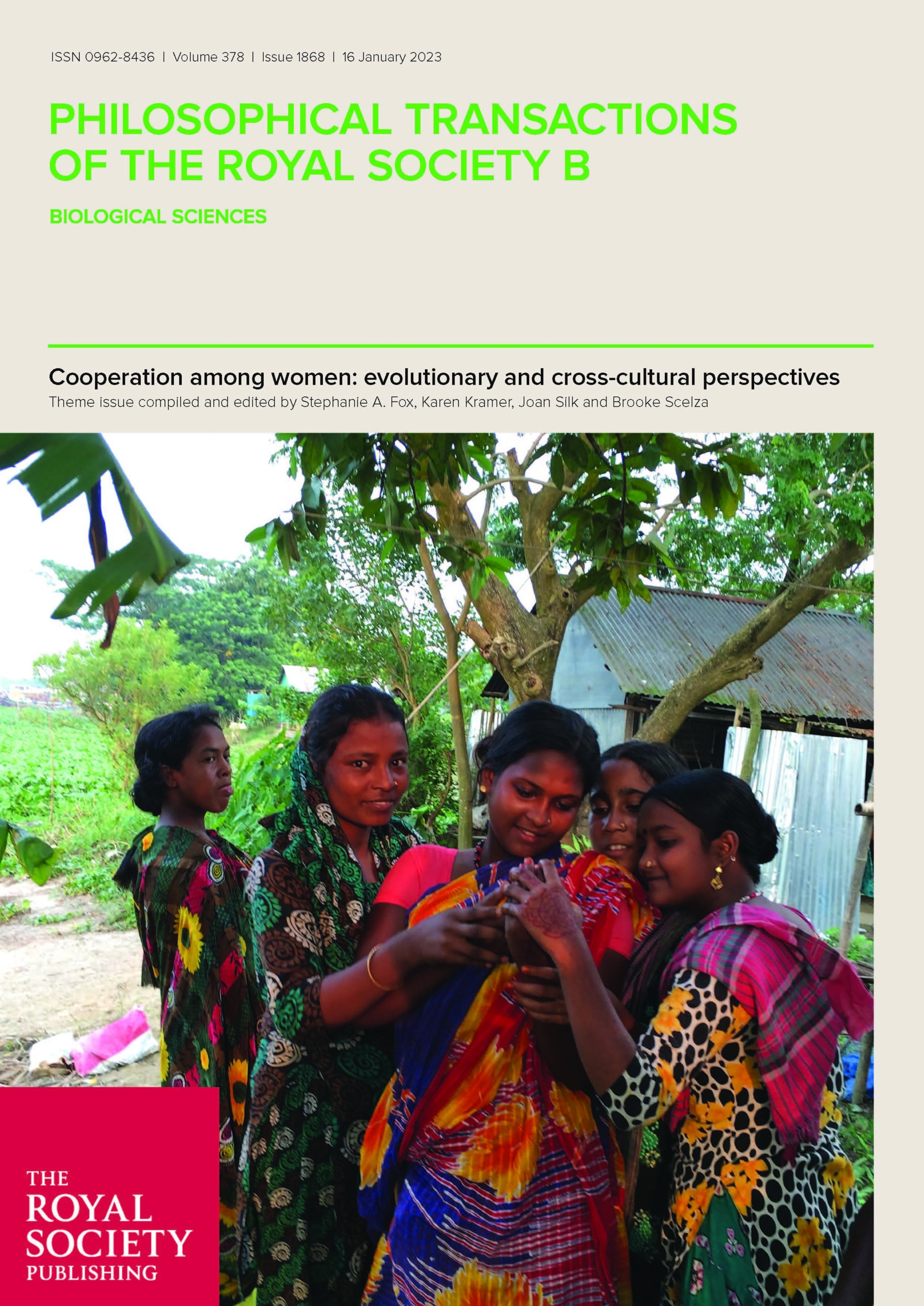
Director of the Center for the Philosophy of Freedom and Associate Professor in the Department of Political Economy and Moral Science in the College of Social and Behavioral Sciences, Mary L. Rigdon continued her collaboration with University of San Francisco Economics Professor Alessandra Cassar debunking the myth that men are more competitive than women. In their latest article, Sustaining the potential for cooperation as a female competitiveness strategy, published in the journal Philosophical Transactions of the Royal Society B (Impact Factor: 6.671), Rigdon and Cassar build on their experimental work with a literature review that reinforces the critical point that motivation is the crucial driver of competitiveness and that men and women are equally competitive, just motivated by different factors. Evolution and women’s important role in raising children can explain these differences.
“By looking at behavioral strategies from a cooperative breeding perspective, we propose that women may have evolved an adaptation to strategically suppress competitiveness to elicit cooperation for the benefit of raising offspring…We conclude that, for women, nurturing the potential for cooperation intertwines with competitiveness to produce a complex, adaptive female social strategy.”
The article is part of the Royal Philosophy B theme issue “Cooperation among women: evolutionary and cross-cultural perspectives,” published on November 28, 2022, edited by Stephanie A. Fox, Karen Kramer, Joan Silk and Brooke Scelza.
Rigdon and Cassar have pioneered research that demonstrates women are just as competitive as men when considering motivational factors. Their experimental studies have shown that women are more competitive than men when success gives them the power to benefit others.
A Driver of Equity and Closing the Wage and Opportunity Gap
This ongoing work is invaluable in helping dispel a fallacy contributing to an unacceptable wage and opportunity gap. Today, just 8% of Fortune 500 CEOs are women, and that is a record high.
Rigdon and Cassar’s research makes a business and ethical case for greater inclusion, equity, and opportunity for women. Men and women are equally competitive but motivated differently: men in zero-sum environments and women in “we, not me” roles. In today’s world, consumers value social responsibility, and employees desire flexibility.
“The implications of our findings suggest types of rewards and policies that could significantly increase gender equality and attract more women to leadership roles in competitive workplaces. Organizations with a strong social mission that provide inclusive incentive structures like team bonuses and employment contracts that include benefits for children like paid parental leave, school vouchers, and flexible work schedules will gain fierce competitors who will deliver results,” Rigdon said.

